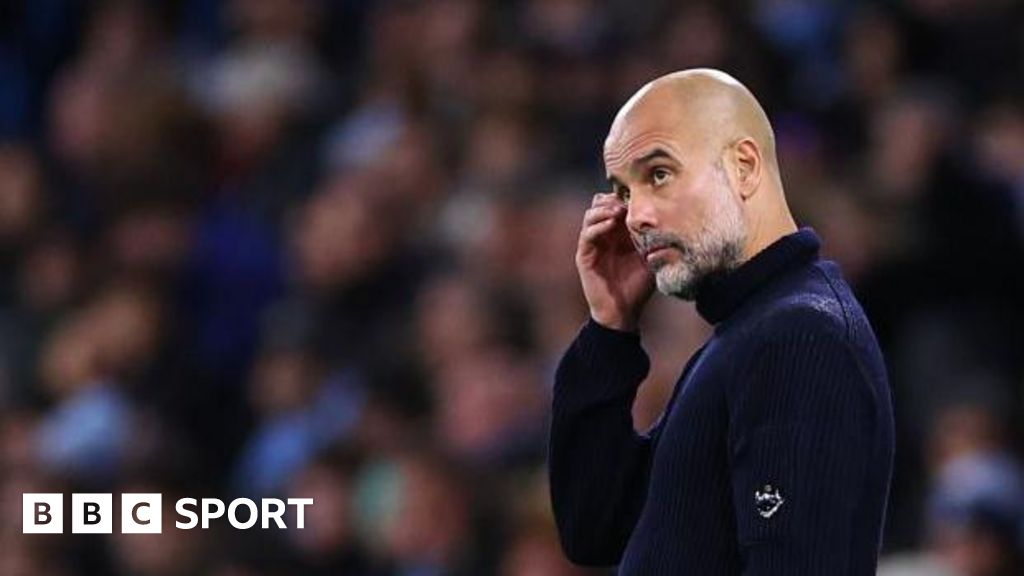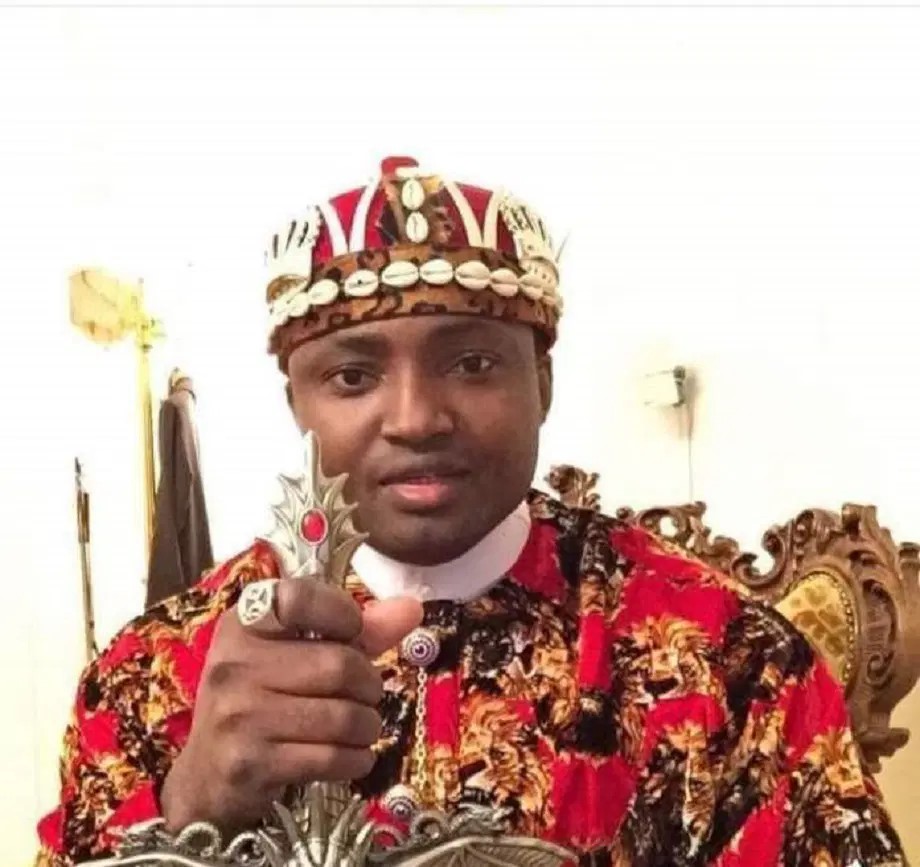The Court of Appeal in Abuja, on Monday, reversed the conviction of former Chief Justice of Nigeria (CJN), Walter Onnoghen, by the Code of Conduct Tribunal (CCT) on charges of asset declaration breaches five years ago.
A three-member panel of the court led by Mohammed Bello acquitted Mr Onnoghen of the charges.
The acquittal is a culmination of the joint filing of a settlement agreement by the federal government and Mr Onnoghen.
In compliance with the agreement, the court also ordered the unfreezing of Mr Onnoghen’s account with Standard Chartered Bank Nigeria Limited, which was frozen as part of the sentence for the CCT conviction.
The CCT had convicted Mr Onnoghen after a sensational trial that lasted between January and April in 2019.
The trial, which many described as political, started with the unprecedented suspension of CJN Onnoghen by then President Muhammadu Buhari in the middle of the preparation for the 2019 general election, in which Mr Buhari was seeking re-election.
The trial, although generally believed to be politically motivated, opened up hidden bank accounts and transactions of the former CJN not declared to the Code of Conduct Bureau (CCB) as provided by law, and raised ethical questions that the National Judicial Council (NJC) also probed.
Nigerians need credible journalism. Help us report it.
Support journalism driven by facts, created by Nigerians for Nigerians. Our thorough, researched reporting relies on the support of readers like you.
Help us maintain free and accessible news for all with a small donation.
Every contribution guarantees that we can keep delivering important stories —no paywalls, just quality journalism.
The NJC never made the of its probe public to date but confirmed that Mr Onnoghen resigned voluntarily. It also issued a press statement that President Buhari accepted Mr Onnoghen’s voluntary resignation, which also came ahead of the CCT judgement that ended up convicting the former CJN.
The former CJN appealed against the conviction in 2019, but his case did not come up for hearing before the Court of Appeal until August, more than five years later.
On 19 September, the Court of Appeal adjourned until today (Monday) for a report of the settlement talk between the two parties.
The court approved the parties’ moves to explore an out-of-court-settlement, following submissions of lawyers to the two sides, indicating that they were actively engaging in talks aimed at resolving the issues amicably.
In January 2019, then President Muhammadu Buhari controversially suspended Mr Onnoghen to keep him out of office while he faced assets declaration charges at the CCT. Mr Buhari based his action suspending Mr Onnoghen on a widely condemned ex parte order of the CCT.
Mr Onnoghen was later convicted by the tribunal in April 2019.
The tribunal ordered his removal from office, but his exit was eventually taken as a voluntary retirement based on a resignation letter he submitted to the National Judicial Council (NJC) before the tribunal delivered judgement.
Mr Onnoghen immediately challenged the judgement at the Court of Appeal in Abuja. But the appeal went cold from when the appeal was filed in 2019 until last month when it came up for hearing for the first time.
Rare settlement
The hearing in September was a follow-up to an earlier hearing in August, where the legal teams of both the CJN and the federal government first openly indicated that there was an ongoing out-of-court settlement talk between them.
During the proceedings, Ogwu Onoja, lead counsel for Mr Onnoghen, informed the three-member panel of the Court of Appeal that both parties had met as recently as 18 September, in hopes of reaching an agreement on the terms of settlement.
Mr Onoja, a Senior Advocate of Nigeria (SAN), requested a one-month adjournment to finalise the discussions.
In agreement, the federal government’s lawyer, Tijani Gazali, also a SAN, said, “My Lords, I wish to humbly confirm the information. It is our position to settle the matter out of court.”
The then presiding justice of the panel, Joseph Oyewole, acknowledged the efforts of both parties to reach a settlement and directed them to submit formal terms of settlement by the next hearing.
If submitted, the judge said, the prospective terms would be adopted as the court’s judgement.
The court then adjourned until 4 November (today). As promised, the court adopted the settlement agreement submitted by the parties as the court’s judgement on Thursday.
Although the full content of the settlement agreement, which culminated in Mr Onnoghen’s acquittal on Monday, is not known yet, the legal process is rare in criminal proceedings.
The process is not the better-known plea agreement that usually occurs at the trial court.
This appears like an import of the type of settlement process often deployed in civil cases.
Monday’s development is likely to stir debates among legal pundits.
Backstory
On 11 January 2019, the federal government charged Mr Onnoghen with breach of the Code of Conduct for Public Officers by allegedly failing to declare his assets between 2005 and 2016. He was also charged with making a false declaration by omitting to declare five domiciliary bank accounts as part of his assets in 2016.
Before Mr Onnoghen’s arraignment on 23 January 2019, the CCT issued a controversial order for his suspension from office. The Court of Appeal would later call to question the integrity of the CCT’s ex-parte order. The court sai
Acting on the order, on 25 January 2019, then-President Buhari suspended Mr Onnoghen from office to face the trial.
While being prosecuted by the CCT, Mr Onnoghen was also undergoing disciplinary proceedings at the National Judicial Council (NJC).
Before the CCT trial ended, Mr Onnoghen tendered his letter of voluntary retirement.
On 18 April 2019, the tribunal convicted him and, as punishment, ordered his removal from office, barred him from holding public office for 10 years and ordered the forfeiture of the undeclared assets.
The NJC did not make its report public, but on 6 October 2019, it issued a statement announcing that the President had accepted Mr Onnoghen’s voluntary retirement.
In March 2021, Mr Onnoghen spoke publicly about the circumstances leading to his exit from office. He denied some allegations and speculations which he believed motivated President Buhari’s administration to move against him.
For instance, he denied ever meeting former Vice President Atiku Abubakar, who was Mr Buhari’s main rival in the 2019 presidential election.
He also faulted the allegation that he was setting corruption suspects free as the head of the Supreme Court.
“Prior to my suspension, I was confronted with no allegation. There were rumours that I met with Atiku in Dubai.
“As I am talking here today, I have never met Atiku one-on-one in my life,” Mr Onnoghen said.
Appeal against conviction
In his appeal challenging his conviction, Mr Onnoghen challenged the CCT’s jurisdiction to try him. He also accused the tribunal’s chairman, Danladi Umar, of bias.
He argued that the CCT chair Danladi Umar’s refusal to recuse himself from the case compromised the fairness of the proceedings.
Mr Onnoghen challenged the legality of the asset seizure, asserting that the assets were acquired legally.
He contended that the tribunal failed to provide a fair hearing and dismissed evidence that could have exonerated him.
The appeal highlights an unevenness in the tribunal’s handling of similar cases.
For instance, in the case of another Supreme Court judge, Sylvester Ngwuta, the tribunal had previously suspended proceedings based on a Court of Appeal decision that only the National Judicial Council (NJC) could indict a serving judicial officer.
He said despite this, Mr Umar’s tribunal overruled this precedent in his case.
Mr Onnoghen argued that the tribunal’s decision to convict him and order the forfeiture of his assets was legally flawed and a breach of justice.
He urged the court to rule that the charges against him were academic.
The former CJN also urged the appeal court to overturn his conviction and the consequential orders, including barring him from holding public office for 10 years and order of forfeiture of his assets.
Support PREMIUM TIMES' journalism of integrity and credibility
At Premium Times, we firmly believe in the importance of high-quality journalism. Recognizing that not everyone can afford costly news subscriptions, we are dedicated to delivering meticulously researched, fact-checked news that remains freely accessible to all.
Whether you turn to Premium Times for daily updates, in-depth investigations into pressing national issues, or entertaining trending stories, we value your readership.
It’s essential to acknowledge that news production incurs expenses, and we take pride in never placing our stories behind a prohibitive paywall.
Would you consider supporting us with a modest contribution on a monthly basis to help maintain our commitment to free, accessible news?
TEXT AD: Call Willie - +2348098788999

















 English (US) ·
English (US) ·